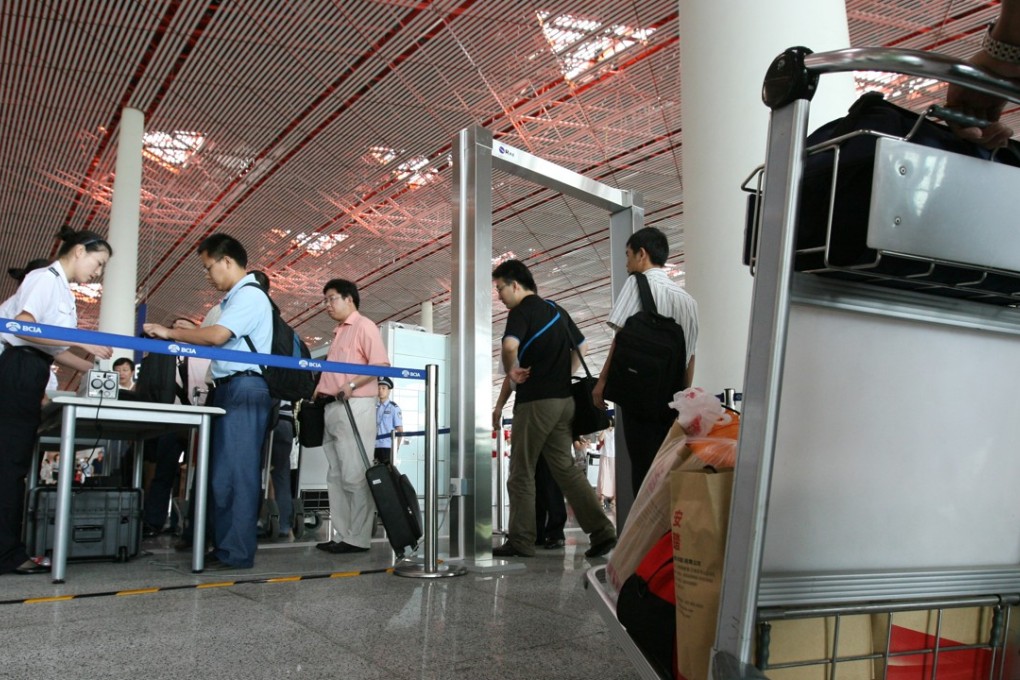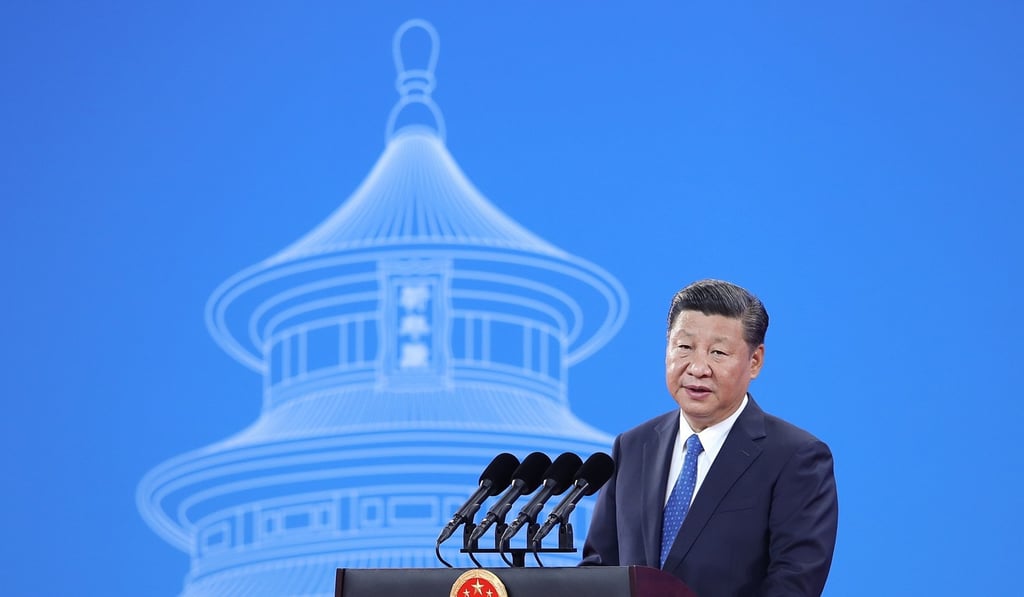Guess what Chinese travellers are bringing back home? VPNs, lots of them
From VPNs shopped abroad to DIYs and fake US addresses, the inveterate Chinese netizen will do anything to dodge the Great Firewall

Recently Jack WANG, a Chinese student who went to Germany for an exchange programme returned home to Beijing with a few personal items he had purchased abroad, such as kitchenware and skincare products. But there were also a few things he chose to keep under wraps as he passed through customs, because he knew they wouldn’t make the Chinese authorities happy – a set of censor-fighting smartphone apps.
While the names and developers of the apps seem to constantly vary, they all serve Jack’s single mission – to get unfiltered access to the internet.
Jack’s surreptitious souvenirs from Germany suggest that the battle between China’s government censors and internet users is far from over, despite the fact that Beijing has successfully killed many domestic VPN apps and brought an American tech giant to its feet.
“We don’t think the current crackdown will end the cat-and-mouse game,” a spokesman at VPNdada, a website that monitors China’s VPN use said. Chinese netizens cite the desire for free flow of internet information, socialising with Facebook friends, and even watching funny videos at YouTube as primary reasons why they are hooked into VPNs.
